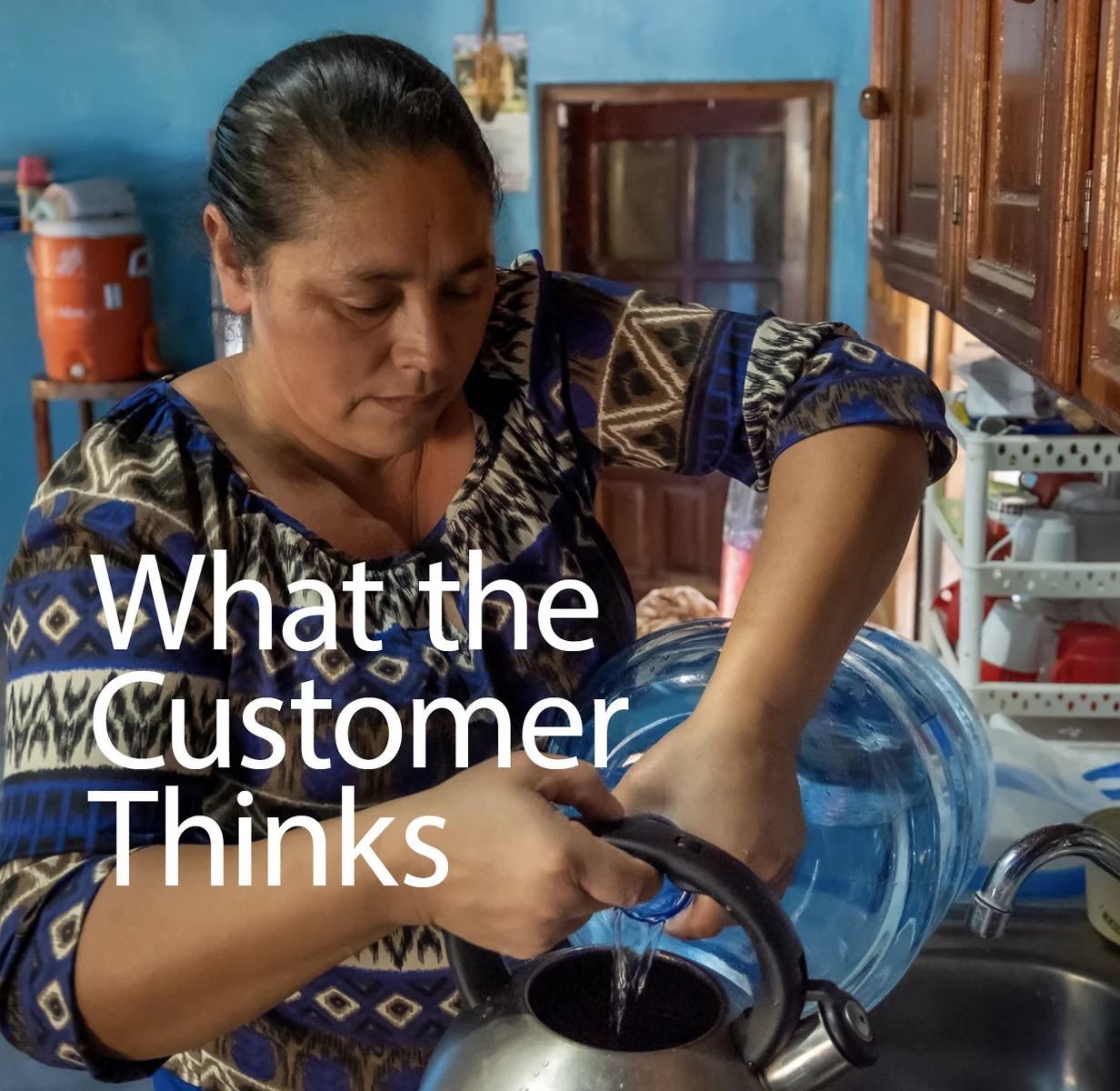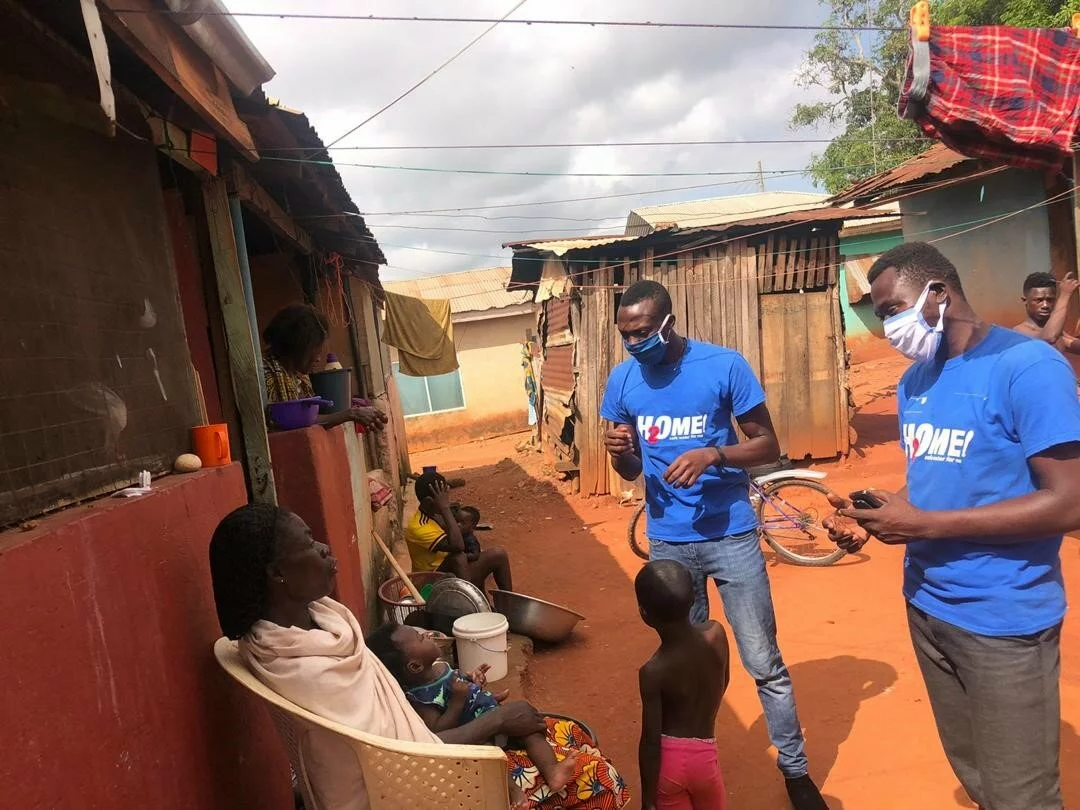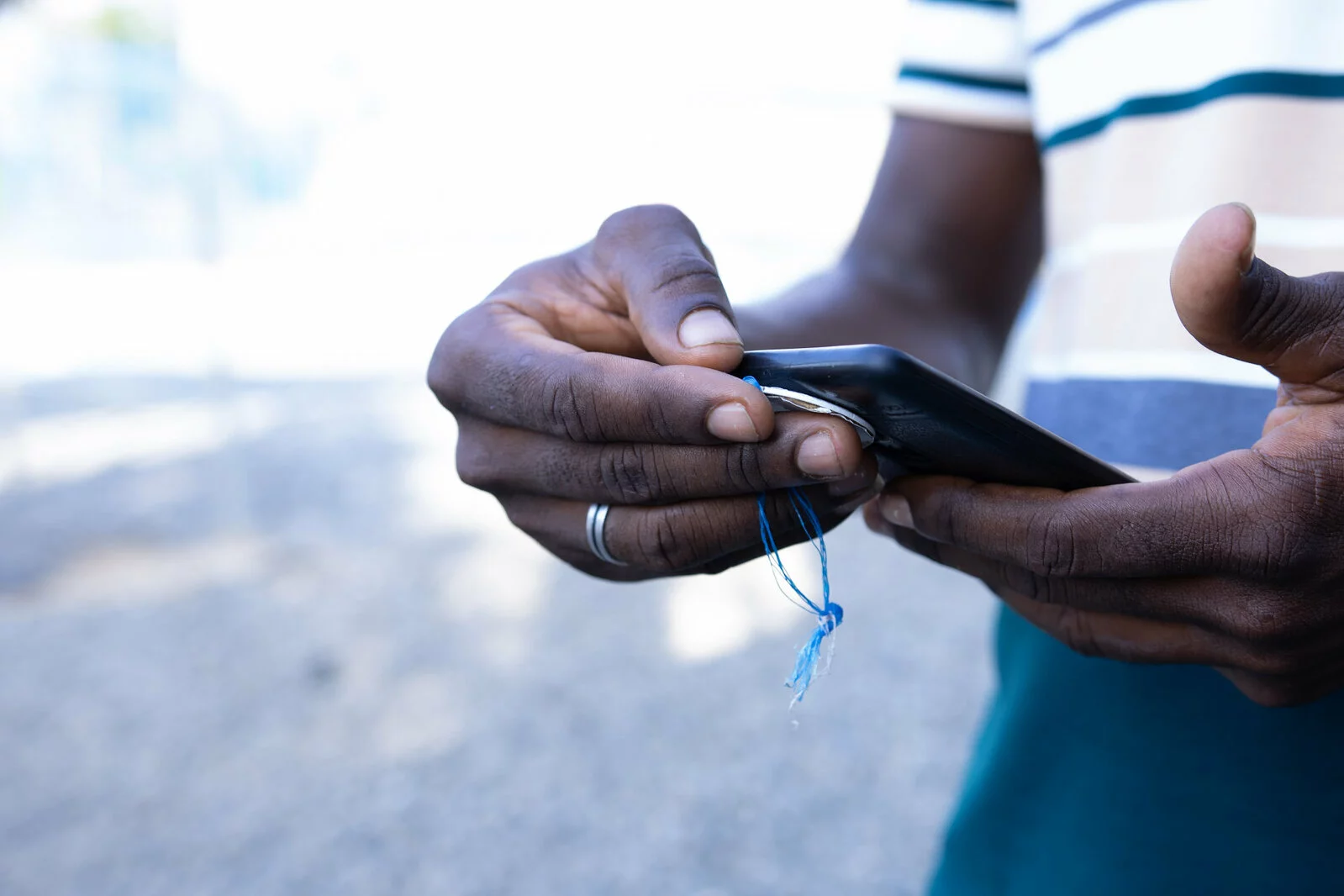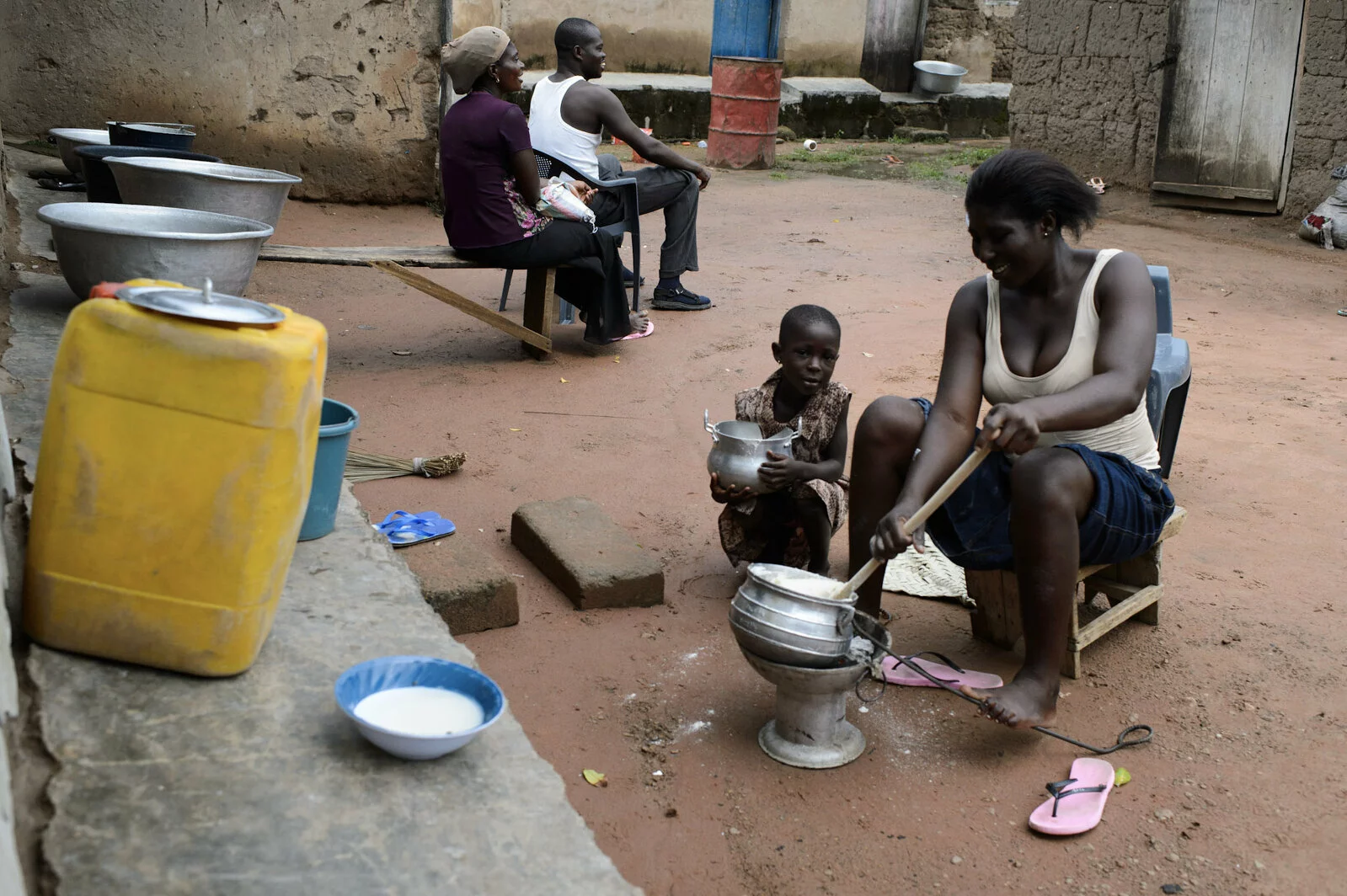What the Customer Thinks
By: Safe Water Network
Water, sanitation, and hygiene (WASH) programs are intended to improve health through clean water and sanitation. Driving consumption is a prerequisite for achieving health benefits and customer satisfaction and attribution can be meaningful proxies for achieving impact.
Safe water enterprises (SWEs) are uniquely positioned to capture data on customer perceptions. The capabilities and incentives of SWEs align with the pursuits of social impact evaluation, which presents an opportunity for implementers to contribute a rich layer of social impact data to the existing body of research, while simultaneously improving service delivery and financial sustainability. While the impact investing market has grown 10 times since 2012, WASH projects make up only 6% of assets under management.
The Community of Practice (CoP) for SWEs launched a Social Impact Measurement Initiative to tackle this challenge through a collaborative project with 14 SWEs. The project included a survey, follow-up interviews, workshops, and small working groups. The findings from this initiative highlighted areas of improvement, but they also helped the CoP define the role of SWEs in social impact evaluation and highlight the unique assets of the SWE model that make them ideal to collect customer-centric data.
Findings from the Social Impact Measurement Initiative are as follows:
- Demonstrating causation is challenging for WASH interventions
- Customer attribution is a powerful tool to demonstrate social impact
- Implementers are uniquely poised to deliver customer attribution data
- There is an appetite for collaboration and benchmarking among safe water enterprises



